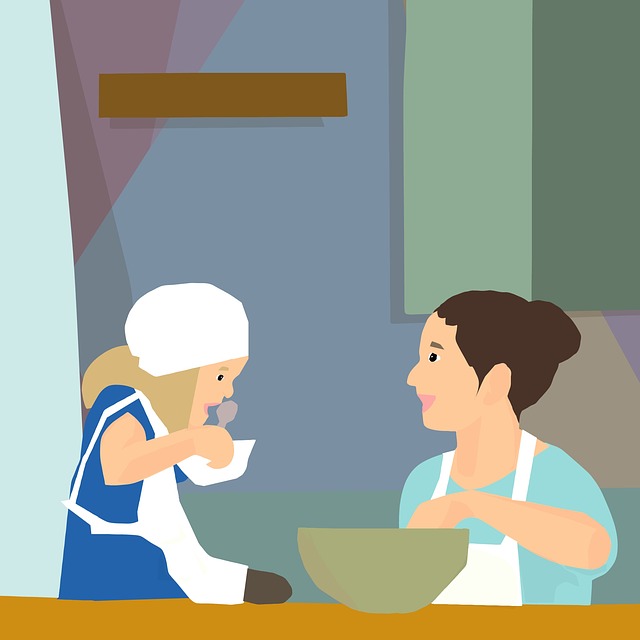Q: I am raising my kindergarten-age twins vegan for ethical reasons. We often talk about why we don’t eat animals or drink the milk meant for their babies. My question is how to handle it when my girls tell kids at the park or on play dates that “drinking milk is mean.” On the one hand, it’s an awkward moment when my kids scold their friends for something their friends have no control over. But on the other hand, I’m proud of my little vegan activists. How should I handle moments such as these?
A: One of the reasons I like this question is that you are asking what to do in a moment, but I see this as a larger issue of lifestyle and manners, as well as how to model this lifestyle for your children.
You have chosen veganism because you have ethical issues with eating and using animals. Your kids may choose another path down the road, but for now, you have every right to raise them with a deep passion for animal rights, educating them and helping them understand your outlook.
What is missing from this equation is the part where you model to your children how to respect other viewpoints while you are at home (not just in a park or out interacting with non-vegans). This means that as you practice your lifestyle at home, you should also be saying: “Hey, this is how we live. This is how we see animals and our place in the world with them. Other people see things differently.” And then you go out of your way to explain how other cultures see and use animals. You have a wonderful opportunity to not only teach your children your own values but also open their worlds to how others live (which may strengthen or weaken your children’s conviction in veganism, but that’s another column).
Instead of reacting to what your children say in a park (and all children say uncouth things), we are aiming for a feeling at home of openness, kindness and freedom. This means that you unambiguously teach your children to not say that “drinking milk is mean.”
Whatever your religious, ethical or moral values, I would argue that there is an equal or greater need to teach your children to learn about and appreciate other viewpoints. You shouldn’t hesitate to teach your children to be advocates for animals when someone asks them why they don’t drink milk. But saying that eating meat and drinking milk is mean (unprovoked) isn’t being an advocate — it’s being rude.
[sc name=”Button Conflict to Cooperation Right”]
My advice is to stop focusing on handling the awkward moments — you can do that with grace and humor, no matter the issue — and start practicing good vegan manners with your children. If they are going to adhere to this lifestyle, they need your help to navigate the inevitable questions, eye rolls and pushback with strength and courtesy, not lectures and derision.
An easy way to do this? Play “pretend.” Pose as a child or another parent in a park and ask your children about their food choices. Give your children scripts and make it fun. They are twins, but they are also different people, so find ways to personalize their scripts. How each child wants to talk about veganism is personal, so take time to delve into what each girl may want to say. You can model these situations at birthday parties, restaurants, sporting events — you name it.
The point is: Respecting that other people use animal products is an important part of being vegan. One never gets others to care about their values when they are judgmental or rude. Just think about how it feels when you’re judged for your veganism.
Don’t handle moments. Instead, teach your children manners. Find your own vegan role models who have conviction in their beliefs without alienating others around them, and for your children, let that role model be you. Good luck.
Find this over on The Washington Post.
